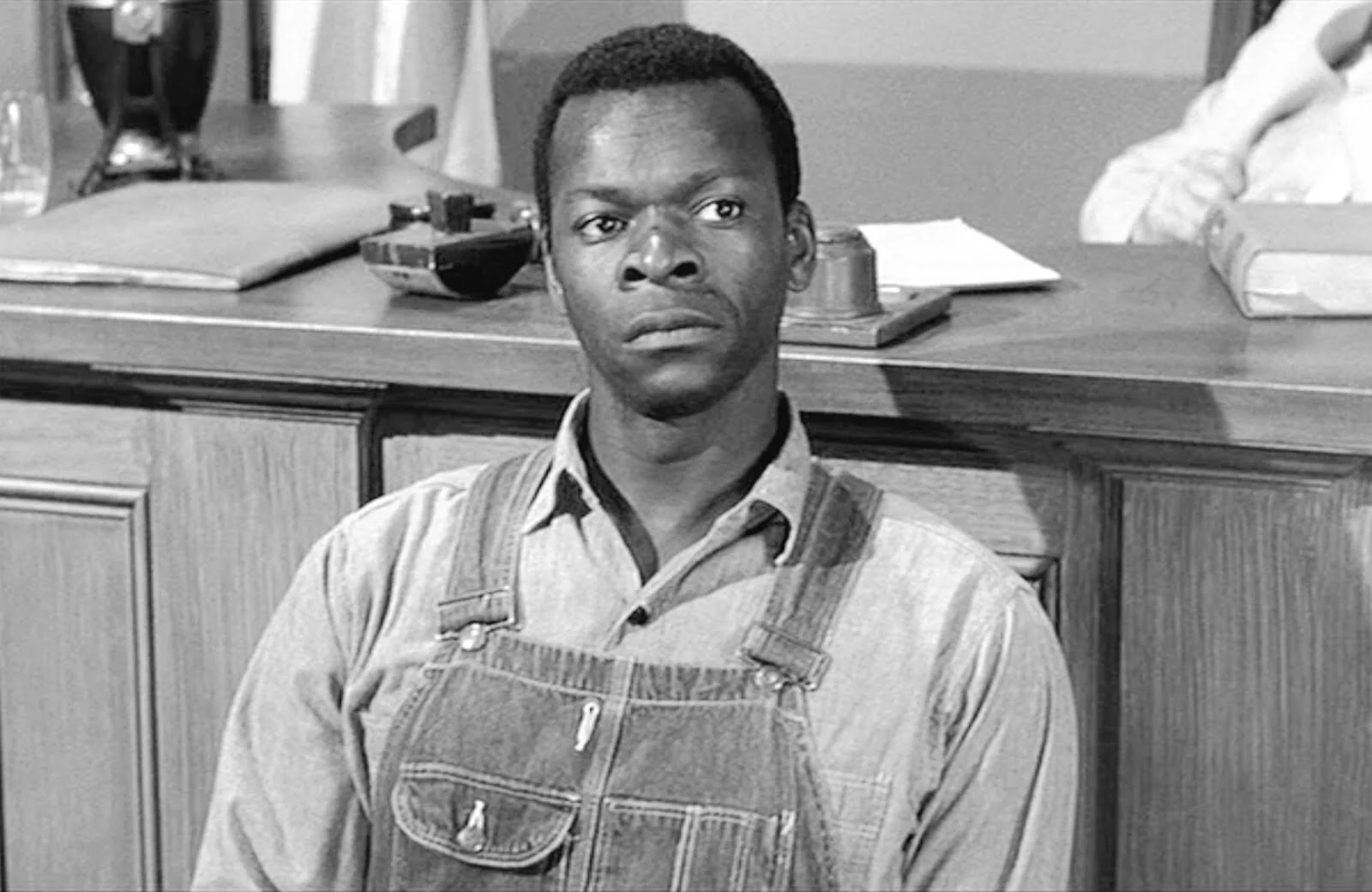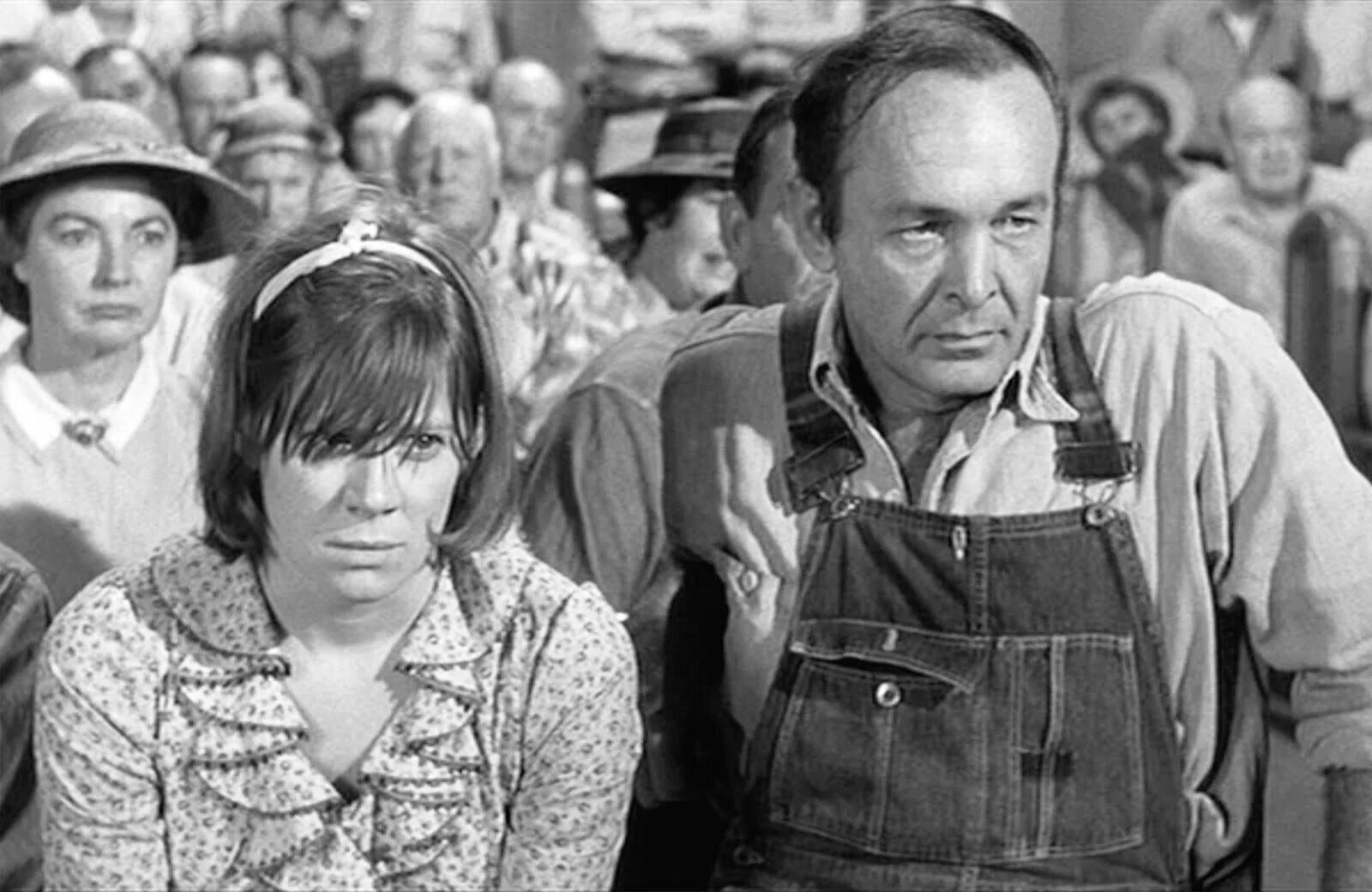A New Lens
to kill a mockingbird by harper lee
a review by Rachelle Wilson
Somehow or other I missed the class where all Southern high school students are assigned To Kill A Mockingbird. Being a bit of a nerd and avid reader, I certainly would have read it. But instead of joining the assigned texts like Things Fall Apart or Crime and Punishment that still line my shelves it joined Catcher In The Rye and The Awakening, books I heard of but never paused my personal reading list for.
When that book did come into my possession, I was 23 and had just moved to Illinois for graduate school. I knew very few people and even fewer with whom I connected. Consequently, the local book shop and I became very well acquainted. Complete with a kind, bearded mastermind who knew everything about everything ever written and a timid but quirky cat, this little shop felt like a home away from homes. Craving a bit of that Southern scenery, I came across To Kill A Mockingbird and decided it was time.
I had no idea what greatness I was about to consume. This tale of a young girl discovering the injustices of society and the price of standing for one’s conviction is timeless. Harper Lee is masterful in her ability to highlight the absurdity of prejudice by using a child’s lens to distill the reasoning down to its flawed core.
Father-daughter pair, Scout Finch and Atticus Finch depicted in the 1962 film.
To Kill A Mockingbird is fearless in confronting, not only racism as a disadvantage to those it victimizes, but also as an advantage to the perpetrators (of course), their kin, and their race as a whole. And while race, being the very topic of the book, is primarily where the conversation centers, Lee has introduced a very powerful commentary on how gender also plays a role in the way these injustices unfold.
Tom Robinson depicted in the 1962 film.
The father-daughter foil to the protagonists, Mayella and Bob Ewell depicted in the 1962 film.
The plot is driven by the unfolding trial of an African American man, Tom Robinson, falsely accused of raping a white woman, Mayella Ewell. Lee complicates the narrative by introducing the troubling circumstances that surround Mayella. It shows how Mayella is simultaneously a victim of physical abuse and rape by the hand of her father while also being a villain, responsible for Tom’s harassment and death.
Mayella’s gender is at once lending itself to her daily suffering, which the reader is not to ignore, while also allowing her an advantage above Tom Robinson. It was not because she was Mayella that the community rallied behind her, but because she was a white woman. Lee, also a white woman, created a character that challenged the national narrative that white women are fragile and saintly, to be protected at all costs. Mayella is dirty and dumb; she is disrespectful and forceful; she is a liar and a coward. And still a victim. And still a villain. Mayella was the most despicable white woman and yet her thinly built lie was enough to sentence Tom to death. There is no ambiguity, being a black man was his crime.
Harper Lee
Lee shows us that Mayella, despite her many shortcomings and weaknesses, was given power stronger than truth or justice. A power she misused. A power she never should have had. Regardless of being mistreated her entire life, the reader still holds, and should hold, Mayella responsible for her assault and villainy against Tom. Being abused does not give the right to abuse.
Lee’s examination of how white women benefit from racism is a conversation that is still happening today because the injustice persists. To Kill A Mockingbird was written 60 years ago but the themes remain relevant. If you have never read it, you are seriously missing out on an amazing piece of literature. If you have, I recommend a re-read. Look at it through a gender lens and see what new commentaries reveal themselves.
Photo by Jessica Whitley
Rachelle Wilson is a proud Maconite, writer, guitarist and singer-songwriter. She currently writes for Macon Magazine, works with two local nonprofits that promote housing and transportation access for low-income, elderly and disabled, as well as performs and writes under The Southern Siren umbrella. Though she finds herself wearing many hats, writing about what she loves over a cup of hot tea will always be her preferred way to pass the time.







